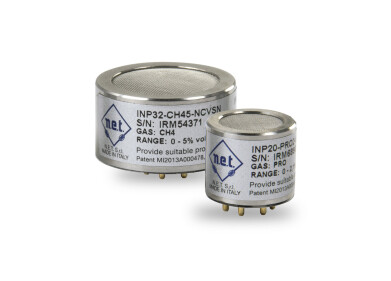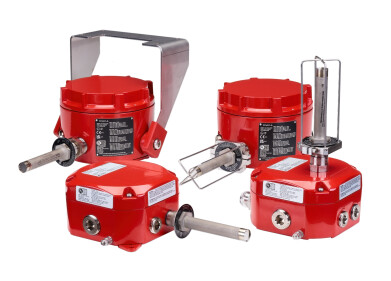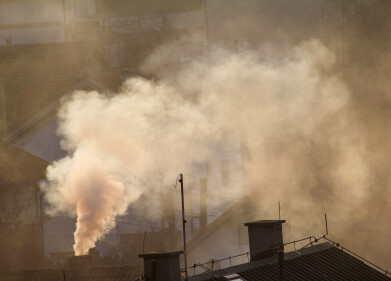-
 Sweden eats more meat than the rest of Europe
Sweden eats more meat than the rest of Europe
Safety
Carbon tax may be put on meat to reduce emissions
Jan 22 2013
Some environmental experts have suggested enforcing a carbon tax on meat products in Sweden in a bid to reduce emissions.
The main campaigners for the cause is the Swedish Agricultural Board who, last week, proposed a tax as a counterweight to the Swedes' increasing appetite for meat.
According to these experts, the majority of the meat that the Swedes consume is imported.
The board has argued that this puts a huge strain on the environmental, and therefore there should be some way of discouraging individuals from eating so much meat in order to reduce emissions.
Indeed, the amount of meat eaten in Sweden has increased year-on-year.
Overall, Swedish meat consumption has increased by a third in the past 30 years, said the board's review.
According to Swedish newspaper the Local, the average Swede will eat more than 85 kilogrammes of meat per year – higher than the average individual in any other country in Europe.
One of the reasons that high levels of meat consumption adds a strain to the environment is that it takes a lot of transportation, especially if it is imported.
"Our mandate includes looking at sustainable development and food production that benefits the consumer," spokeswoman Gabrielle Cahlin said in a statement.
"We tried looking at the big picture for sustainable meat production."
Taxing the meat is just one option, with eating less meat and supporting sustainable meat production being two other options.
Some individuals have spoken outright against taxing meat, one of which being finance minister Anders Borg.
However, others have agreed with the proposal.
"Rules, taxes, and subsidies can push things in the right direction. But it's imperative that these are at an international level, otherwise there is a risk production will simply be moved where the regulations and tax burden is lightest, not where production is sustainable," Gabriella Cahlin, the board's head of marketing, said in a statement.
The report offered three solutions. Less meat consumption globally, the possibility of taxing meat, and international agreements to support sustainable meat production.
Digital Edition
PIN 25.6 Buyers' Guide
January 2025
Buyers' Guide Directory - Product Listings by Category - Suppliers Listings (A-Z) Articles Analytical Instrumentation - ASTM D7042: The Quantum Leap in Viscosity Testing Technology -...
View all digital editions
Events
Jan 25 2025 San Diego, CA, USA
SPE Hydraulic Fracturing Technology Conference and Exhibition
Feb 04 2025 The Woodlands, TX, USA
Feb 05 2025 Guangzhou, China
Trinidad and Tobago Energy Conference 2025
Feb 10 2025 Point Lisas, Trinidad
Feb 11 2025 Lagos, Nigeria


















